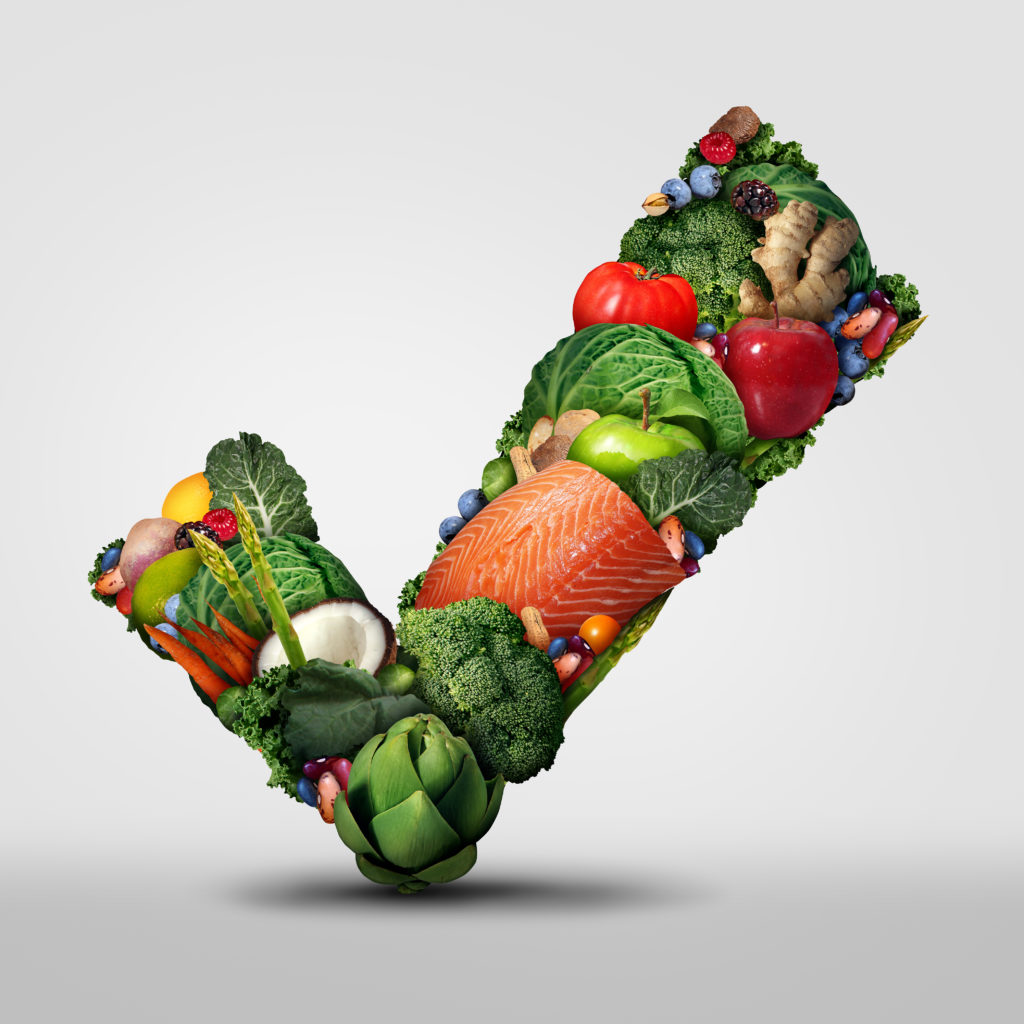 In June, the American Cancer Society (ACS) released an update to its 2012 Guidelines on Nutrition and Physical Activity.
In June, the American Cancer Society (ACS) released an update to its 2012 Guidelines on Nutrition and Physical Activity.
These recommendations were more broad in some places, and more specific in others—while representing the best science-based information available today.
The following updates reflect those areas we have the strongest evidence for:
- Increase in recommended levels of physical activity; and
- Greater emphasis on limiting consumption of processed and red meat, sugar-sweetened beverages, processed foods, and not drinking alcohol.
Additionally, there is a shift to focus on helping Americans achieve healthy dietary patterns overall and across the lifespan. Short- and long-term health benefits are best gained by making healthy choices from each food group over time vs. one specific food/beverage you eat or do not eat. ACS suggests that healthy eating patterns include:
- Foods high in nutrients in amounts that help achieve and maintain a healthy body weight
- Variety of vegetables—dark green, red, and orange, fiber-rich legumes (beans, peas), and others
- Fruits, especially whole fruits with a variety of colors
- Whole grains.
Finally, this edition also includes evidenced-based strategies to reduce barriers to healthy eating and active living and to reduce alcohol consumption.
The Guidelines state that, “Public, private, and community organizations should work collaboratively at national, state, and local levels to develop, advocate for, and implement policy and environmental changes that increase access to affordable, nutritious foods; provide safe, enjoyable, and accessible opportunities for physical activity; and limit alcohol for all individuals”.
Meat—in 2015, the WHO classified processed meat as a carcinogen and red meat as a probable carcinogen
Red meat (defined as beef, pork, and lamb)—no more than 3 portions/week (not to exceed 12-18oz)
Processed meat – is preserved by smoking, curing, salting, and/or the addition of chemical preservatives (e.g., hot dogs, sausages, bacon, and luncheon meats). More research is needed to understand how red meat and processed meats influence cancer risk. The increased risk may be explained by the iron and fat content in red meat, and/or the salt and nitrates/nitrites in processed meat. Additionally, when meat is cooked at high temperatures, substances are formed that may cause cancer.
Grilling – this form of cooking can generate carcinogens such as PAHs (or polycyclic aromatic hydrocarbons) from the fire and HCAs (or heterocyclic amines) as a result of high heat when grilling meat. Strategies to decrease risk include cutting down on exposure of meat to carcinogens on the grill and reducing the amount of grilled meat eaten. Here are our top 4 tips for safer summer grilling:
- Get creative when it comes to grilling non-meat items—think veggie kabobs, grilled pizza.
- Prep and relax—preparatory actions such as marinating and pre-cooking meat prior to placing on the grill can cut down on carcinogens produced while grilling.
- Cook smaller cuts of meat to decrease cooking time.
- Trim the fat—not only are leaner cuts good for your heart, but they can also prevent charring and dripping while cooking. Clean the grill regularly as well.








